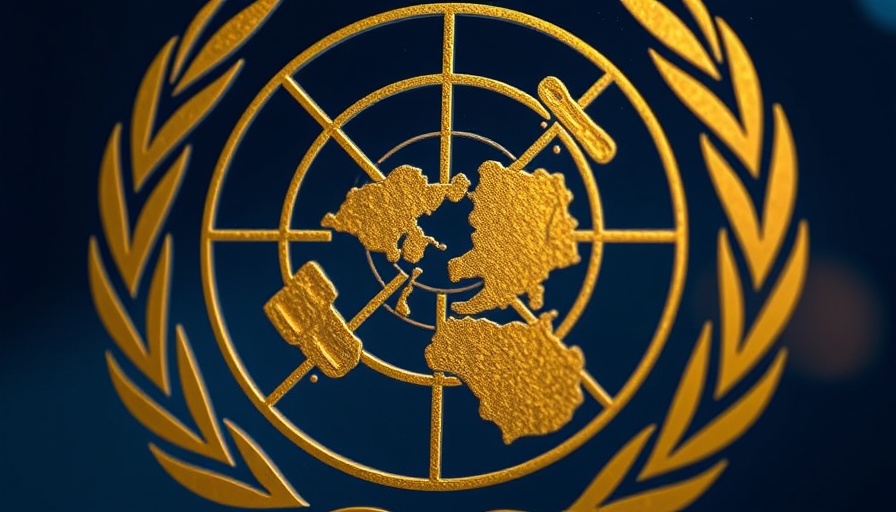
Funding Reversal for Women's Health Initiative: Positive Change Ahead
In a significant update for women’s health research, the Department of Health and Human Services (HHS) has reversed its decision to cut funding for the Women’s Health Initiative (WHI) regional centers. This about-face comes on the heels of announcements earlier this week that the federal contracts for these essential research hubs would conclude by September. HHS spokesperson Andrew Nixon confirmed that the restoration of funding was made possible by updated budget projections from the National Institutes of Health (NIH).
Importance of the Women’s Health Initiative
The WHI has played a crucial role in deepening our understanding of women's health issues, focusing on important topics from cardiovascular disease to mental health. JoAnn Manson, a long-term principal investigator at Brigham and Women’s Hospital, expressed cautious optimism regarding the funding restoration, underscoring the initiative's vital contributions to medical science.
What This Means for Women’s Health Research
With renewed federal support, researchers are better positioned to explore how factors like age, lifestyle, and hormonal health influence women’s well-being. The WHI has already revealed key findings that encourage proactive health measures among women, impacting how healthcare providers approach treatment and preventive care.
Looking Ahead: The Future of Women’s Health
The reinstated funding will ensure that ongoing studies can continue uninterrupted. These initiatives may help pave the way for innovations in women’s health, as researchers strive to address gaps in medical knowledge that have historically left women underrepresented in health research.
This reversal of funding cuts not only signals a commitment to women’s health but also highlights the importance of sustained investment in research that addresses the unique health needs and challenges faced by women across diverse communities.
As the WHI secures its role in advancing women’s health, it is clear that comprehensive research continues to be essential. Follow the developments closely, as they promise to enhance our understanding of women’s health in the years to come!
 Add Row
Add Row  Add
Add 




Write A Comment